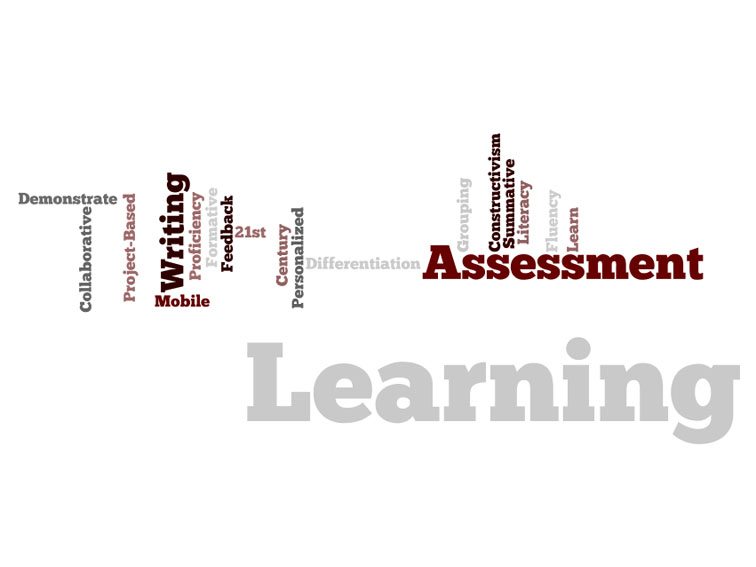 Why Jargon In Education Is A Good Thing
Why Jargon In Education Is A Good Thing
Jargon is a necessary evil.
Simply put, jargon helps us be more specific.
Pilots in planes don’t “go up,” they “gain altitude.”
Forwards in basketball don’t simply “score,” but rather face up the defender to jab step, finishing with an up-and-under move for an and-one.
Teachers don’t “give tests,” they “assess.”
They don’t “go over it again,” they “remediate.”
A challenge, though, comes after generations of this kind of jargon casually but persistently accruing in and around classrooms and schools. Teachers end up (ideally) designing diverse assessment forms in pursuit of personalized learning by using adaptive learning technology—just as they are asked to do by peers and edu-media everywhere.
Which of course makes no sense to anyone but other teachers.
And as education change, this is a chasm that’s only going to deepen.
Criticism of jargon abounds, usually beneath the implication that someone is overstating something or sounding haughty, calling a classroom a “learning environment,” or content-to-be-learned a “learning target.” But there’s a difference between a classroom and a learning environment, and using less specific language doesn’t seem like the best we can do.
But what we can do is know our audience.
This doesn’t mean “dumb down” what we’re saying. In fact, that’s been part of the problem, resulting in lost capacity to understanding teaching and learning. But when speaking to a parent, slow down and clarify not just “when the next test is,” but what kind of “assessment” you’re asking students to use and why.
And more critically, do the same with students.
The long-term result here should be, if nothing else, a generation of students and parents that have heard all the buzzwords not from the news or second-hand, but from the teachers themselves.
You can also say what you mean and mean what you say. If you mean “personalized learning,” you shouldn’t say “differentiate.” If you mean “re-assess,” don’t say “review the material.” Then, offer examples and definitions of all of the above through teacher blogs, open and closed social media pages, newsletters, and other methods of communication with parents.
Be patient. This kind of change will take time. And resist the temptation to reduce the complexities of learning to simple letter grades and other on/off conditions. It’s messy and and iterative with millions of moving parts, so communicate that until they (whoever “they” happens to be) understand.
In this “accountability era,” there is a constant desire to make things simple, measurable, transparent, and constantly improving, but that is a dishonest evaluation of education. None of this is to say that jargon should not be reduced when possible, used carefully, and always clarified, but rather that it’s often necessary.
One problem of a very deep but narrow field of knowledge is the relative inability of that expert to communicate with other fields: the scientist with the naturalist, or the IT department with the humanities folks.
This is a challenge not new to education, but because of the unique position of educators as both niche-experts and social-conduits between formal education and local communities, the burden falls to teachers to not simply paraphrase and translate, but build and transfer capacity outwards.

